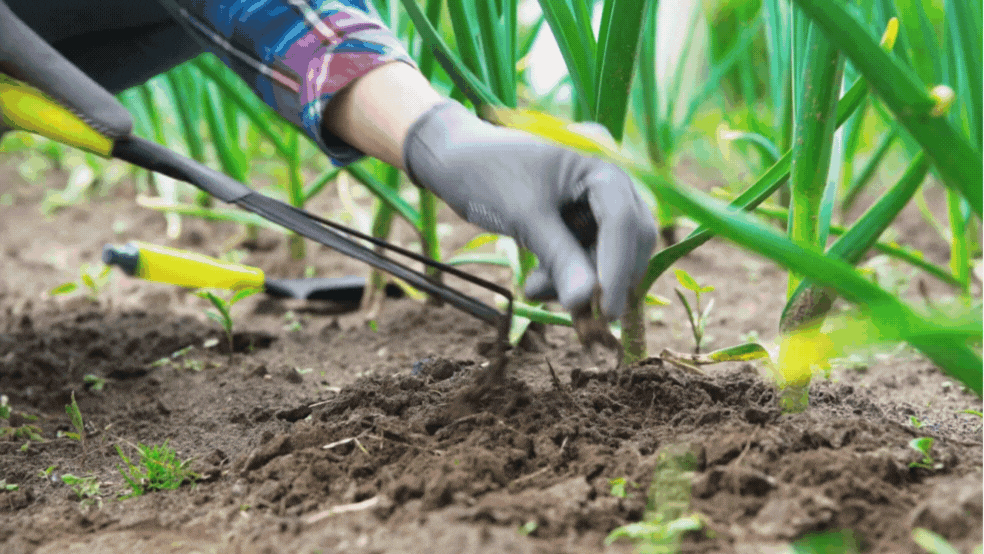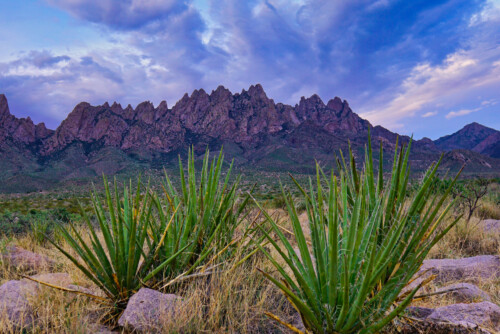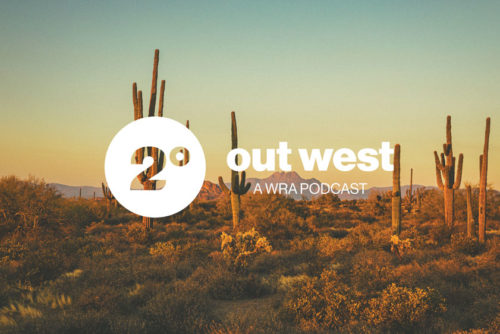With the blooming of flowers and reemergence of wildlife, spring brings a sense of new beginnings and optimism. It has us relishing in puddles and the scent of fresh rain across the desert and high alpine. We’re compelled to throw open our windows, clean out our closets, and plant our gardens with the dreams of fresh zucchini, squash, and tomatoes. And as we watch nature surge forth after winter, we’re reminded of the power of persistence and our faith in our ability to change is revived. And change we must.
As we find ourselves at a tipping point for people and nature, the next three years represent our greatest opportunity to sow the seeds of change. We must develop sound policy and drive decision makers to act immediately for our climate. Producing change at the scale and in the timeframe required to avoid catastrophe will require the actions of today being compounded with the actions of tomorrow. We must act now to have any hope of our solutions being implemented and getting results before we pass the tipping point of 1.5 degrees. At WRA, we create transformational change by driving action at the state level to effectively address complex conservation problems in the West.
Driving state action is very much like planting a garden, requiring patience, care, and consistent attention. WRA develops science-based policies informed by diverse communities and stakeholders and then advocates and implements them to achieve measurable results whose impact will grow over time and across the region.
How do we drive state action? WRA engages in four key aspects of policymaking.
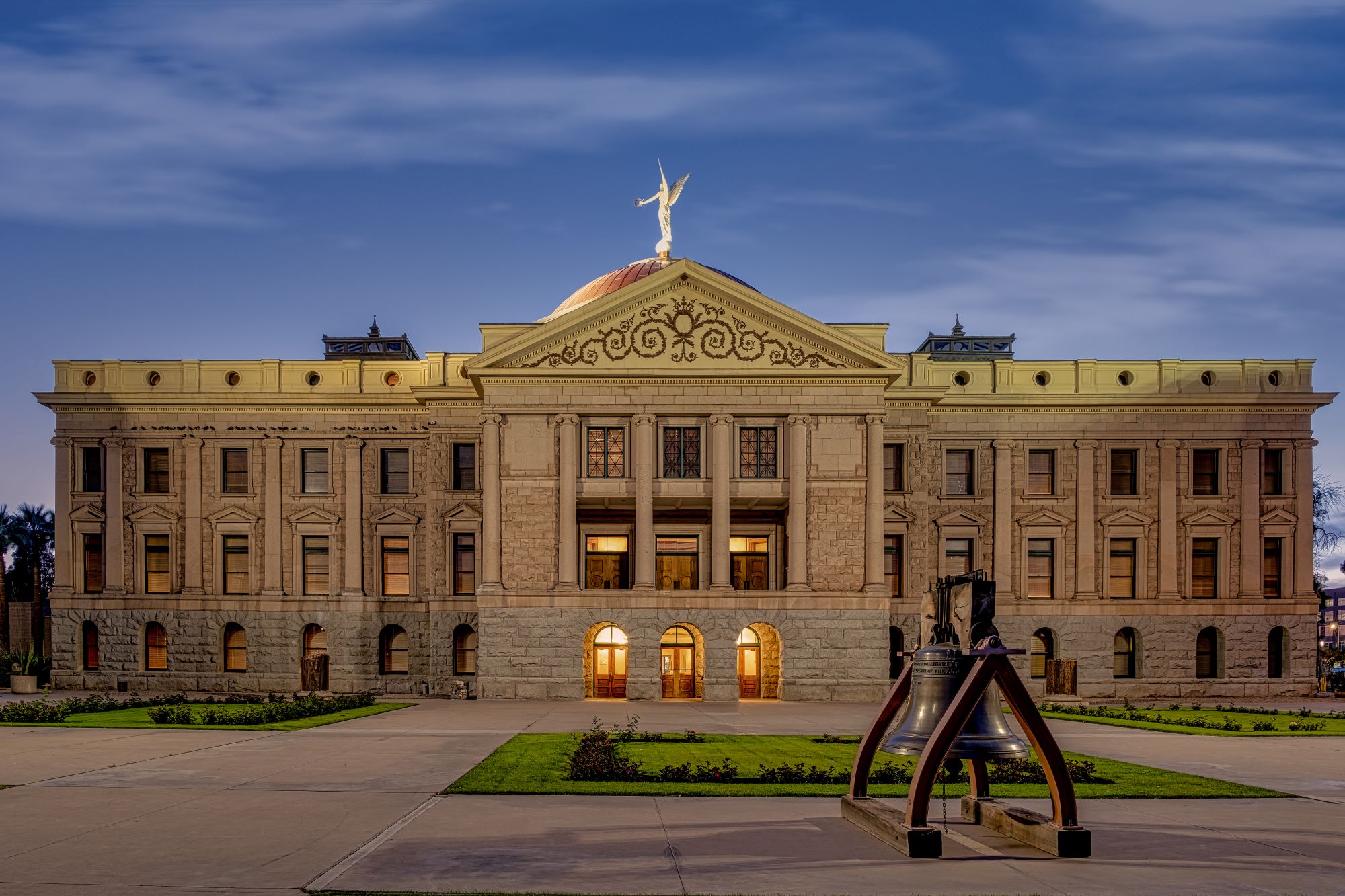
 Research and Develop:
Research and Develop:
WRA combines experience and expertise with research and science to develop policies, legislation, plans, regulations, and rules that address complex problems. Our regional approach integrates the distinct political and cultural landscape of each individual state and allows us to scale proven strategies, models, and solutions across the West.
WRA has worked for many years to block a proposed 140-mile-long pipeline that would pump 28 billion gallons of Colorado River water each year to southwestern Utah. Not only would the project be enormously expensive, it poses an unnecessary risk to Tribal and public lands and the health of the entire Colorado River. WRA experts researched and developed an analysis to demonstrate that Utah could choose a more sustainable path and save its taxpayers money by implementing local water conservation strategies, water reuse, and agricultural water transfers. Over many years, Utah has sought permits, but it has not successfully made its case for the pipeline. In fact, the Army Corps of Engineers told the state of Utah that it should consider WRA’s Local Waters Alternative instead of the pipeline.
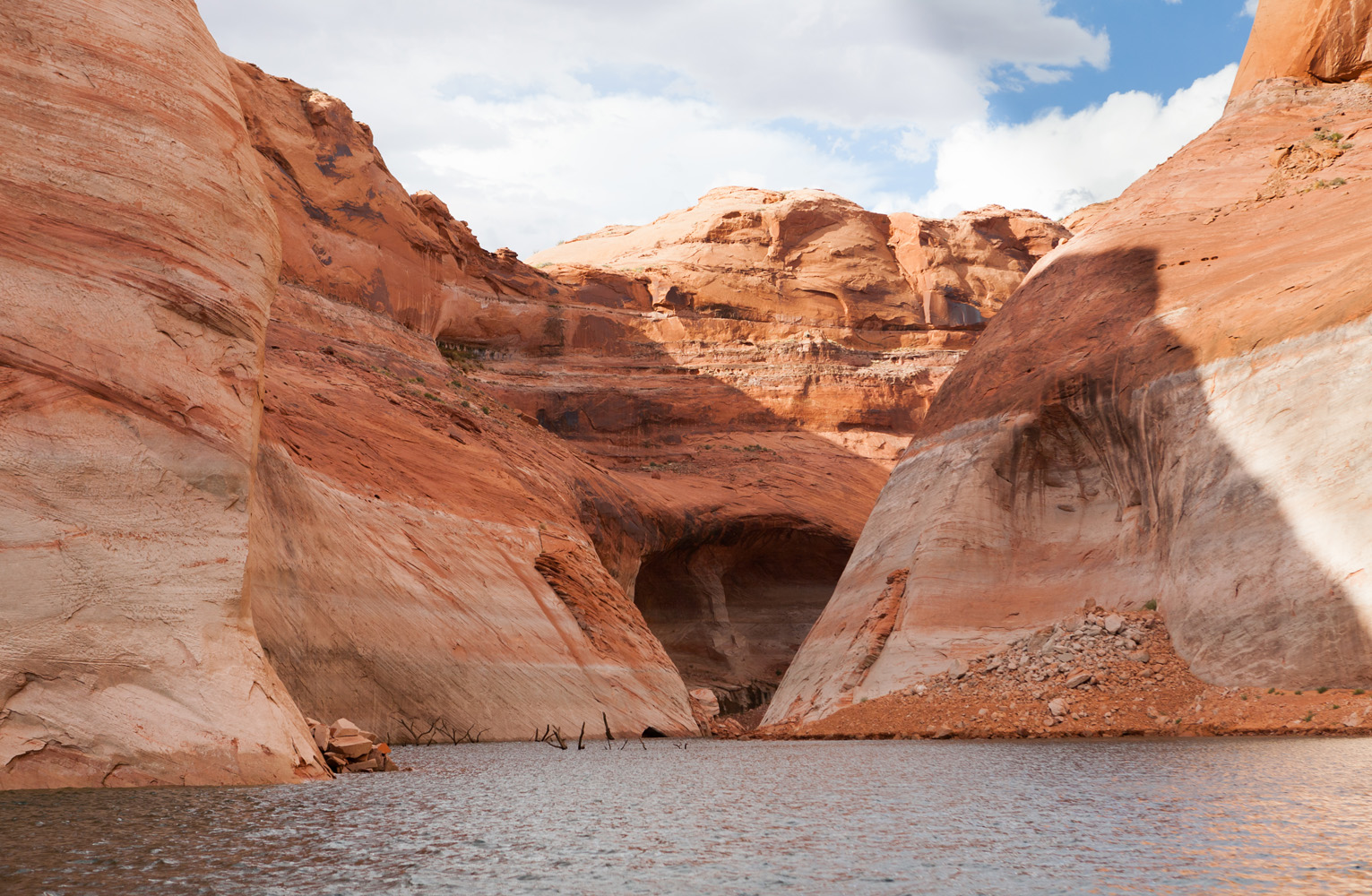
 Listen and Collaborate:
Listen and Collaborate:
WRA works to ensure all voices are heard where decisions are made. We actively partner with communities, Indigenous governments, advocacy groups, and coalitions to develop effective and equitable policies, galvanize support, and unify communities around the most impactful state action.
Environmental justice requires constant learning and building strong and diverse coalitions in partnership with those most harmed by pollution and the climate crisis. WRA collaborated with advocates from more than 100 organizations during the 2021 Colorado legislative session to pass the Environmental Justice Act. By creating enforceable pollution limits across three major sectors, the state can finally begin to address longstanding environmental inequities. The act also established an Environmental Justice Advisory Board that includes representatives from disproportionately impacted communities. Without the collaboration between advocates, especially those most impacted, Colorado would not have seen such an important step toward environmental justice.

 Advocate and Influence:
Advocate and Influence:
WRA advocates for the adoption of critical solutions where decisions are made in state and local government – in legislatures, governors’ offices, agencies, commissions, city councils, and more. Leveraging our policy expertise in government affairs and communications, WRA works closely with decision makers to inform and enact ambitious policies. At the same time, we work to stop efforts that are environmentally harmful and impede climate progress.
Thanks to WRA’s advocacy and influence, the state legislature passed four important bills in 2021 to help Coloradans cut energy waste and power their homes and businesses with clean electricity. WRA developed the initial drafts and concept for the Clean Heat Bill, which sets greenhouse gas reduction targets for gas distribution utilities in line with the state’s climate goals. We partnered with the state energy office, conservation groups, and others to get this innovative legislation passed. Our experts testified in committee hearings, reviewed proposed amendments from lawmakers, and worked closely with legislators and their staff to ensure the final policy would be effective and viable. We sent out action alerts to our supporters to encourage them to write emails to their legislators to influence them to vote yes. The first of its kind in the nation, the Clean Heat Standard is now the model that other states are using to advance measures that reduce emissions and advance building electrification, multiplying WRA’s impact across the region.
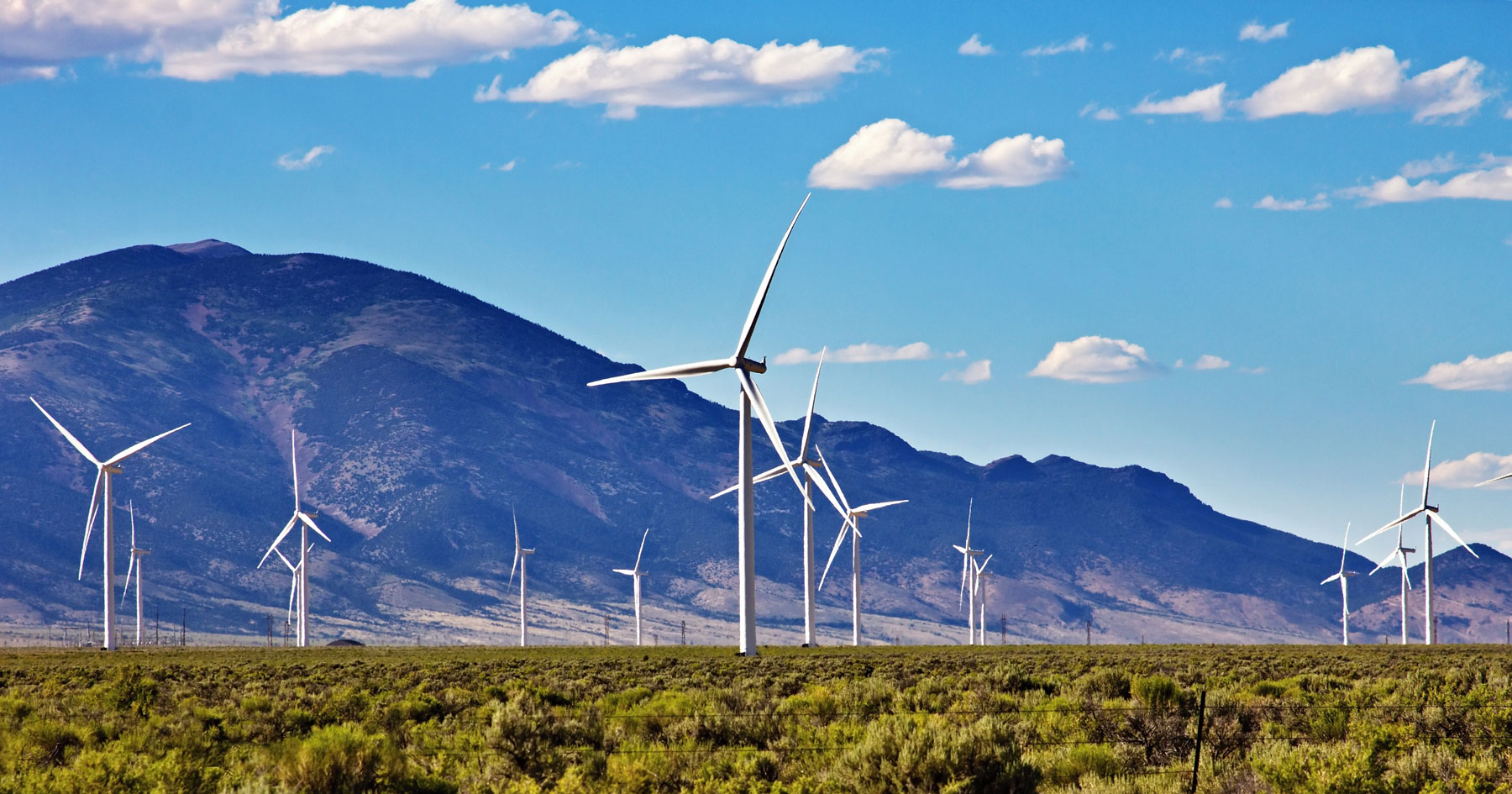
 Implement and Measure:
Implement and Measure:
Once a law, policy, plan, or rule is enacted, there is important and detailed work required to ensure its effective implementation. WRA works with lawmakers, agencies, utilities, and stakeholders to put laws and policies into action. We defend them in legal forums, assess and analyze their impact, and ensure they deliver their intended outcomes.
In 2019, WRA worked to pass New Mexico’s landmark Energy Transition Act setting some of the strongest climate-action targets in the nation. Its implementation has been a multi-year process, with WRA leading the way. Last year, WRA filed a motion with the state’s public regulatory commission to force Public Service Company of New Mexico’s (PNM) to implement key provisions of the Act that protected ratepayers and provided economic development benefits to impacted communities. WRA presented economic and legal arguments to the commission in support of PNM’s plan to retire the remaining units at the San Juan coal-fired power plant to ensure it was approved and the utility’s goal to transition to clean energy was kept on track. As a result, the two units at the San Juan Generating Station closed in the fall of 2022, ratepayers saved an estimated $134 million over the 2022-2023 period, and economic assistance to impacted communities was not delayed.
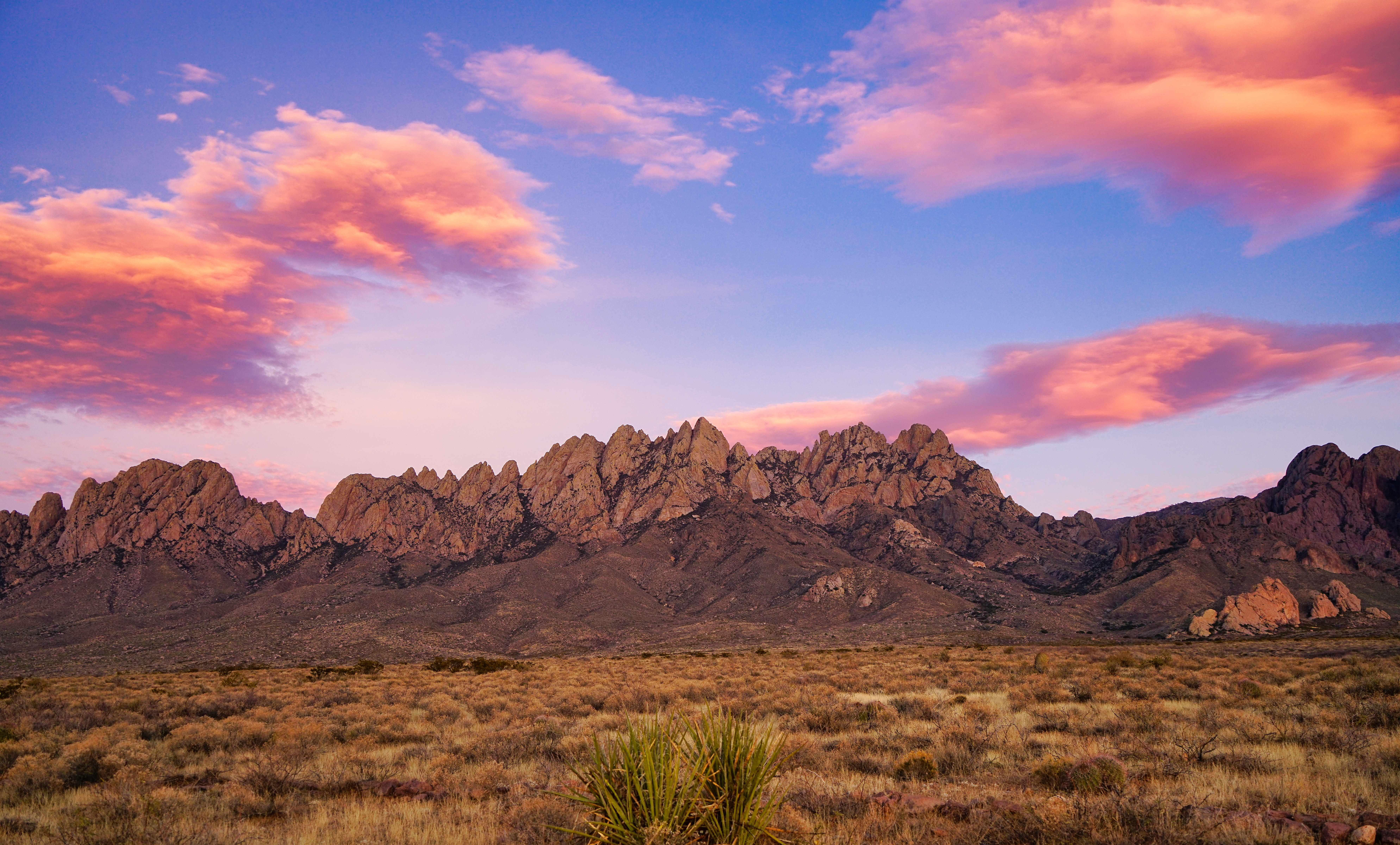
These four examples illustrate the remarkable progress WRA realizes by driving state action. Each represents a significant win for the state, and they also provide replicable models for the region and the country. Demonstrating success at state and regional levels also encourages action at the federal level. We know that changing federal administrations and congressional majorities continually swing the pendulum of federal action on protecting the environment. All the while, WRA’s focus on state-based action steadily accomplishes durable environmental, conservation, and climate policy.
WRA will continue to sow seeds of change through these four stages of action, using a thoughtful and strategic approach at every step. We are proud of the significant achievements we’ve had shaping Western climate solutions over the last three decades. This spring, and in the seasons and years that follow, we hold fast to an optimistic future made possible by present-day collective action. It’s time to prepare the soil for a new season of growth. Together, we have what we need for all to flourish.
